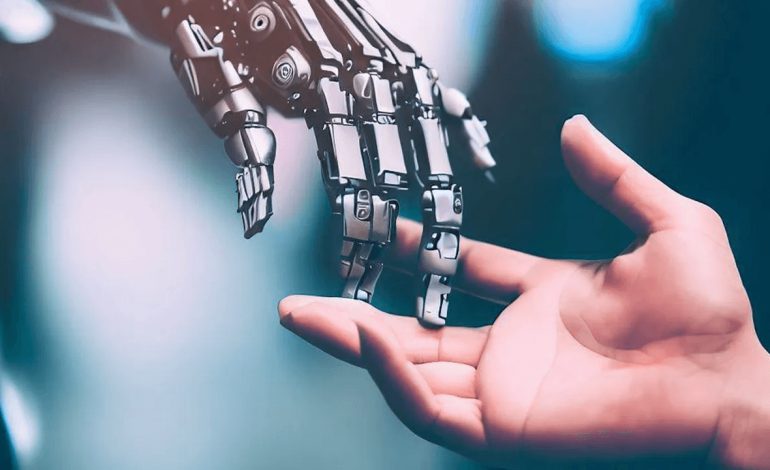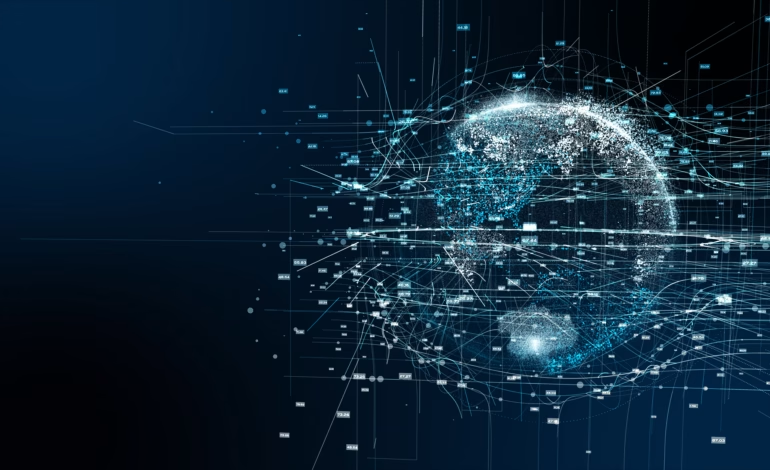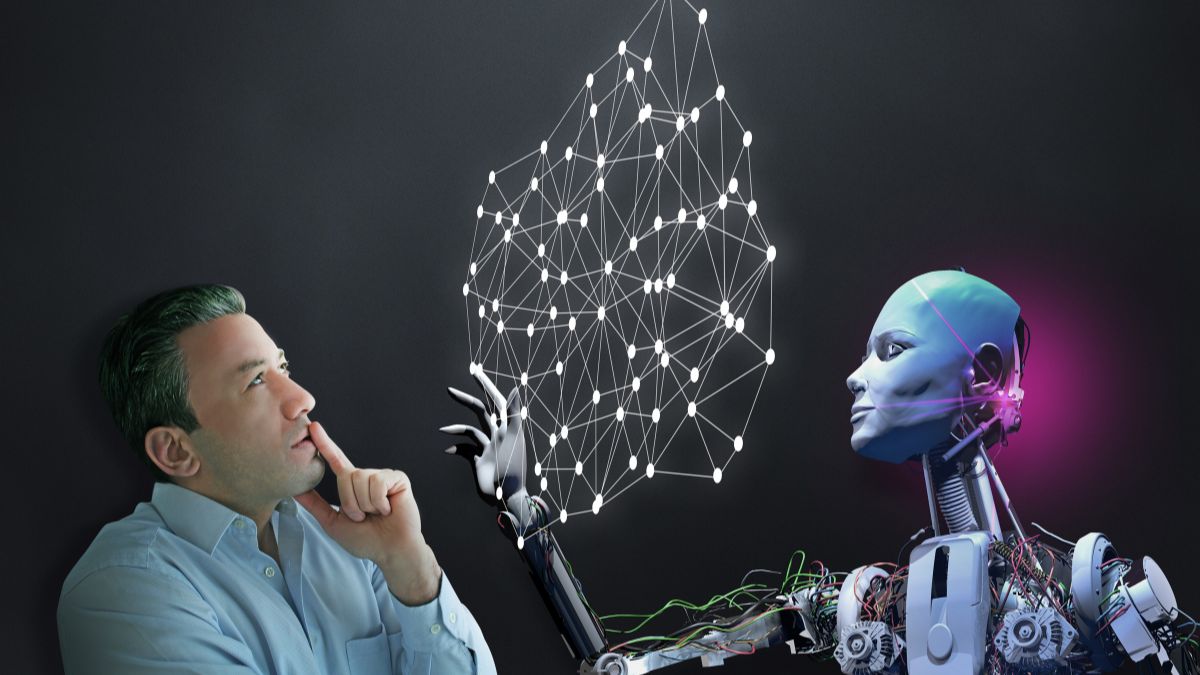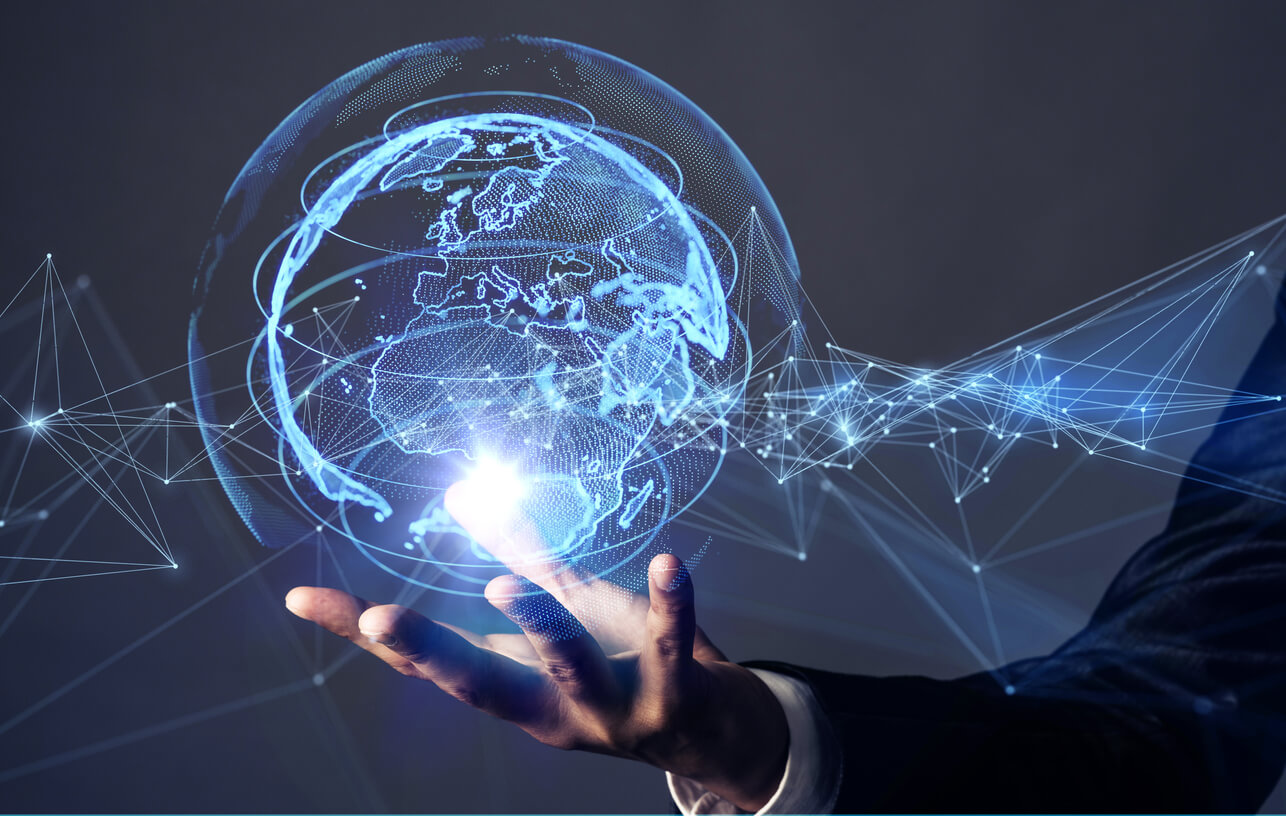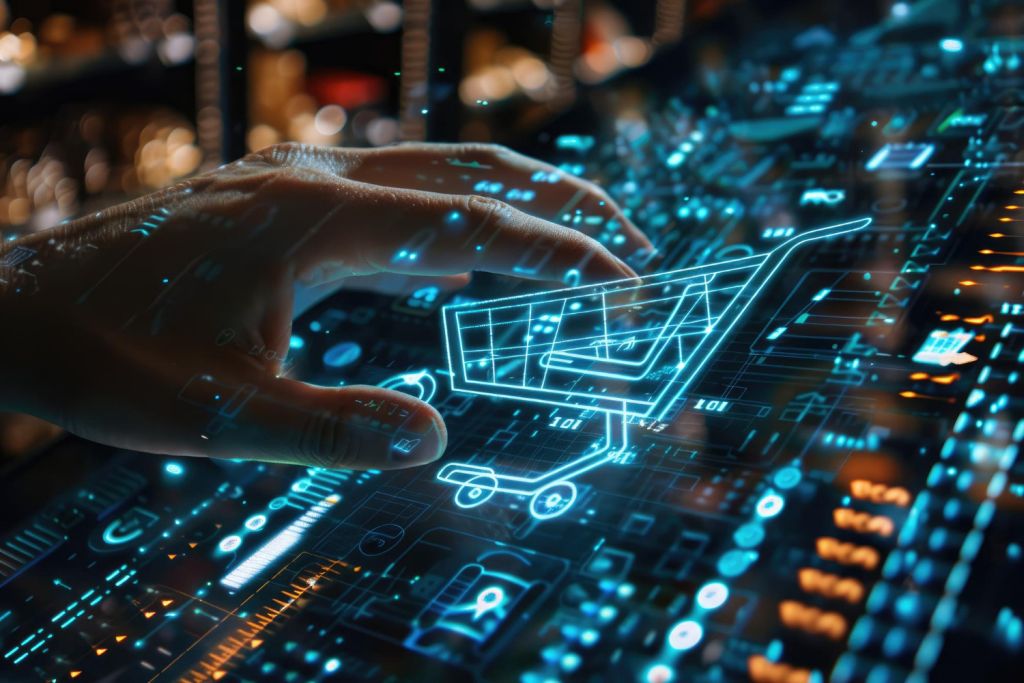The Rise of Artificial Intelligence: Transforming Industries and Everyday Life
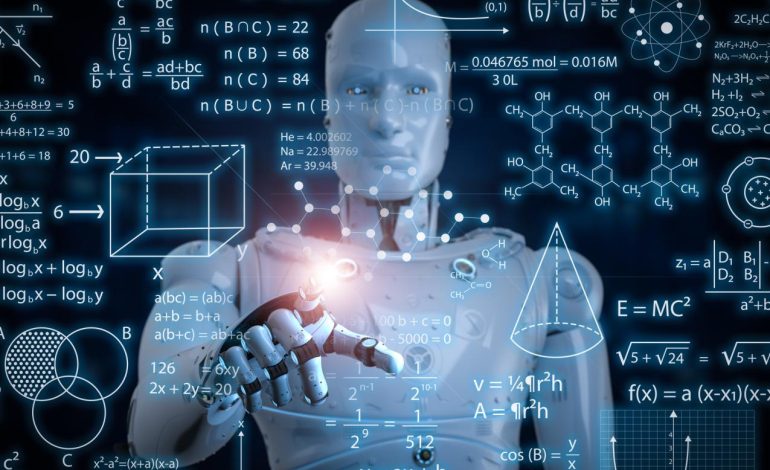
Technology has always been a driving force of human progress, but few innovations have had as profound and far-reaching an impact as Artificial Intelligence (AI). From how we work and communicate to how we shop, learn, and even receive healthcare, AI is transforming every corner of modern life. What was once considered science fiction is now becoming everyday reality.
In this article, we explore what AI is, how it works, the key industries it’s revolutionizing, its benefits and challenges, and what the future holds as this technology continues to evolve at lightning speed.
What Is Artificial Intelligence?
Artificial Intelligence refers to the simulation of human intelligence in machines. These systems are designed to perform tasks that typically require human intelligence — such as recognizing speech, understanding language, solving problems, and making decisions.
There are several subsets of AI, including:
-
Machine Learning (ML): Algorithms that allow systems to learn from data and improve over time without explicit programming.
-
Natural Language Processing (NLP): The ability of machines to understand and generate human language.
-
Computer Vision: Enabling machines to interpret and analyze visual information from the world.
-
Robotics: The integration of AI into machines that perform physical tasks.
AI can be narrow (focused on a specific task like voice assistants or facial recognition) or general (theoretical AI with human-level cognitive abilities — still under development).
How AI Works
AI systems learn from data. By processing large amounts of information, they identify patterns, make predictions, and improve decision-making. For example, a spam filter “learns” to recognize unwanted emails based on thousands of examples.
Key technologies behind AI include:
-
Neural networks: Modeled after the human brain, they are used in deep learning to solve complex problems.
-
Big Data: Vast datasets used to train AI models.
-
Algorithms: The logic and rules that guide AI systems.
Advances in cloud computing and hardware acceleration (like GPUs) have fueled AI’s rapid growth by making high-speed processing more accessible and affordable.
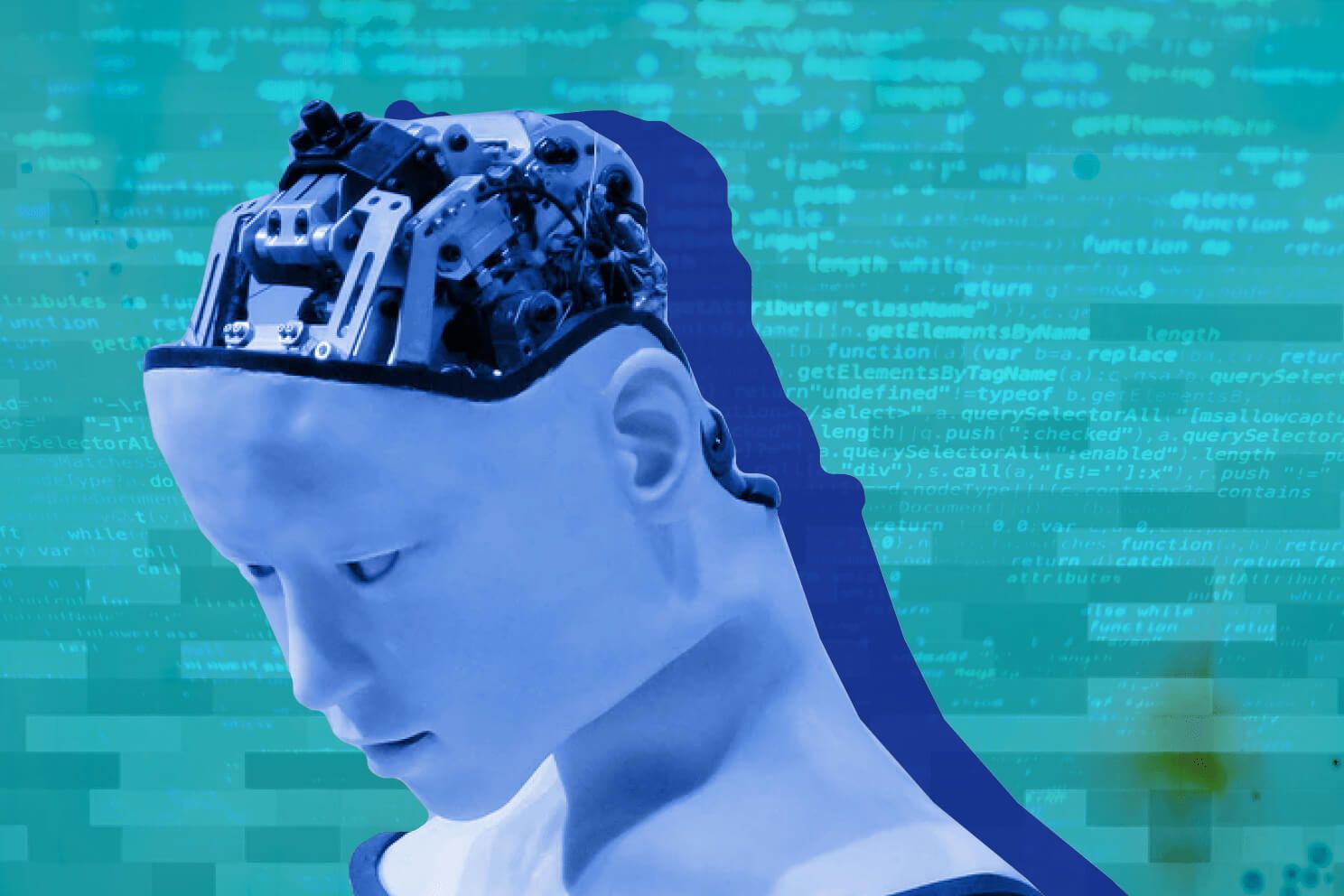
Industries Being Transformed by AI
1. Healthcare
AI is revolutionizing healthcare by enabling earlier diagnoses, personalized treatment plans, and more efficient operations.
-
Diagnostics: AI algorithms can detect diseases like cancer or retinal disorders from imaging scans with near-human accuracy.
-
Virtual health assistants: Chatbots and apps help patients monitor symptoms and get medical advice.
-
Drug development: AI models analyze biological data to identify new drug candidates faster and at lower costs.
AI is also improving hospital workflows, predicting patient outcomes, and supporting mental health through virtual therapy platforms.
2. Finance
The financial sector has adopted AI to improve security, customer experience, and investment strategies.
-
Fraud detection: Real-time monitoring identifies suspicious transactions.
-
Algorithmic trading: AI systems analyze market data to make rapid, data-driven trades.
-
Personal finance: Apps like Mint and Cleo use AI to offer budgeting advice and financial planning.
By analyzing user behavior and market trends, banks and fintech companies offer smarter, more customized services.
3. Retail and E-Commerce
AI is enhancing both customer experience and backend operations in the retail world.
-
Recommendation engines: AI personalizes product suggestions based on browsing and purchase history (e.g., Amazon, Netflix).
-
Inventory management: Predictive algorithms optimize stock levels and supply chains.
-
Chatbots: Virtual assistants handle customer inquiries 24/7, improving service and efficiency.
AI helps retailers better understand their customers, reduce waste, and increase sales.
4. Transportation and Logistics
AI powers the development of autonomous vehicles, route optimization, and smarter logistics.
-
Self-driving cars: Companies like Tesla, Waymo, and Uber are testing AI-powered cars that interpret surroundings and navigate roads.
-
Fleet management: AI predicts maintenance needs and improves delivery times.
-
Traffic prediction: Apps like Google Maps use AI to suggest faster routes and avoid congestion.
These innovations promise safer roads, lower emissions, and more efficient transportation networks.
5. Education
AI is reshaping how students learn and teachers instruct.
-
Personalized learning: Platforms like Khan Academy use AI to adapt lessons to individual student needs.
-
Grading automation: AI can evaluate assignments and tests, freeing up teacher time.
-
Language learning: Tools like Duolingo use AI to create tailored language lessons and correct pronunciation.
AI helps bridge gaps in education by providing access to learning tools worldwide, including in underserved areas.
Benefits of Artificial Intelligence
1. Increased Efficiency
AI can handle repetitive, time-consuming tasks much faster and more accurately than humans, freeing people for creative and strategic work.
2. Better Decision-Making
With data analysis and pattern recognition, AI helps businesses and governments make smarter, more informed decisions.
3. Enhanced Personalization
From marketing to healthcare, AI allows for highly customized experiences, products, and services.
4. Cost Reduction
Automation powered by AI reduces labor costs and operational inefficiencies, particularly in manufacturing, logistics, and customer service.
5. 24/7 Availability
Unlike humans, AI systems don’t need breaks or sleep, making them ideal for around-the-clock services.
Challenges and Ethical Considerations
Despite its advantages, AI presents significant challenges:
1. Job Displacement
As AI automates tasks, some jobs may become obsolete, especially in manufacturing, transportation, and administrative roles. Reskilling the workforce is essential.
2. Bias and Discrimination
AI can unintentionally reflect or amplify biases present in training data, leading to unfair treatment in areas like hiring, lending, or law enforcement.
3. Privacy Concerns
AI relies on large datasets, which can include sensitive personal information. Misuse or breaches can violate individual privacy.
4. Security Risks
AI systems, particularly in areas like autonomous vehicles or critical infrastructure, must be secure against hacking and malicious use.
5. Lack of Transparency
Many AI models, especially deep learning networks, operate as “black boxes,” making it difficult to understand how they reach decisions.
The Future of AI
Looking ahead, AI will only become more embedded in daily life. Key trends include:
-
General AI: Development of systems with broader cognitive abilities that can perform any intellectual task a human can do.
-
Human-AI collaboration: AI will enhance, not replace, human roles — augmenting creativity, decision-making, and productivity.
-
Ethical AI frameworks: Governments and institutions are creating guidelines to ensure AI is developed and used responsibly.
-
AI in developing countries: Access to AI tools in agriculture, education, and health will support sustainable development worldwide.
AI’s future will be shaped not only by technology but by how ethically and inclusively it is integrated into society.
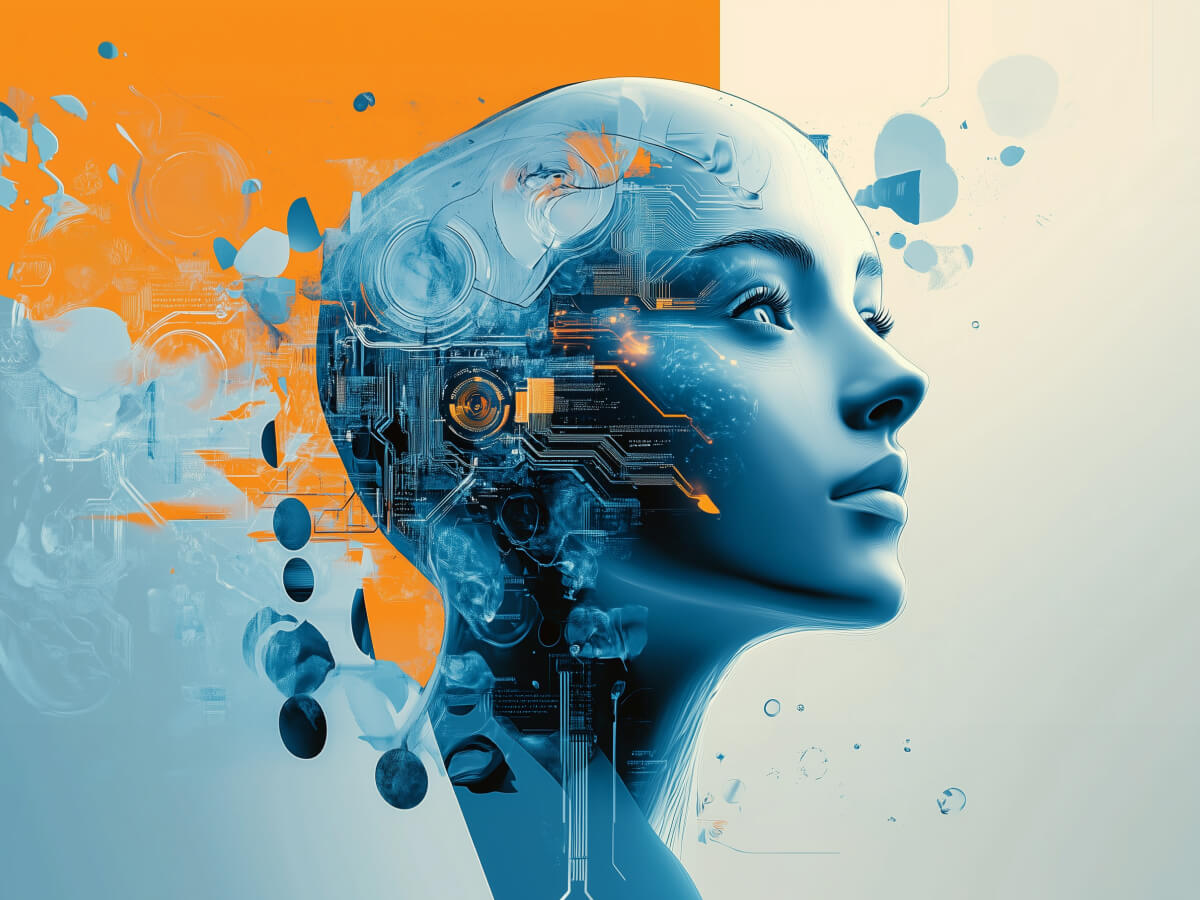
Conclusion
Artificial Intelligence is more than just a technological breakthrough — it’s a transformative force redefining how we live, work, and interact with the world. As AI continues to evolve, it offers immense potential to solve some of humanity’s greatest challenges, from disease to climate change.
However, with great power comes great responsibility. To ensure AI benefits all of society, we must approach its development with care, transparency, and a commitment to ethical innovation. The future of AI is not just about machines — it’s about building a smarter, fairer world for everyone.

